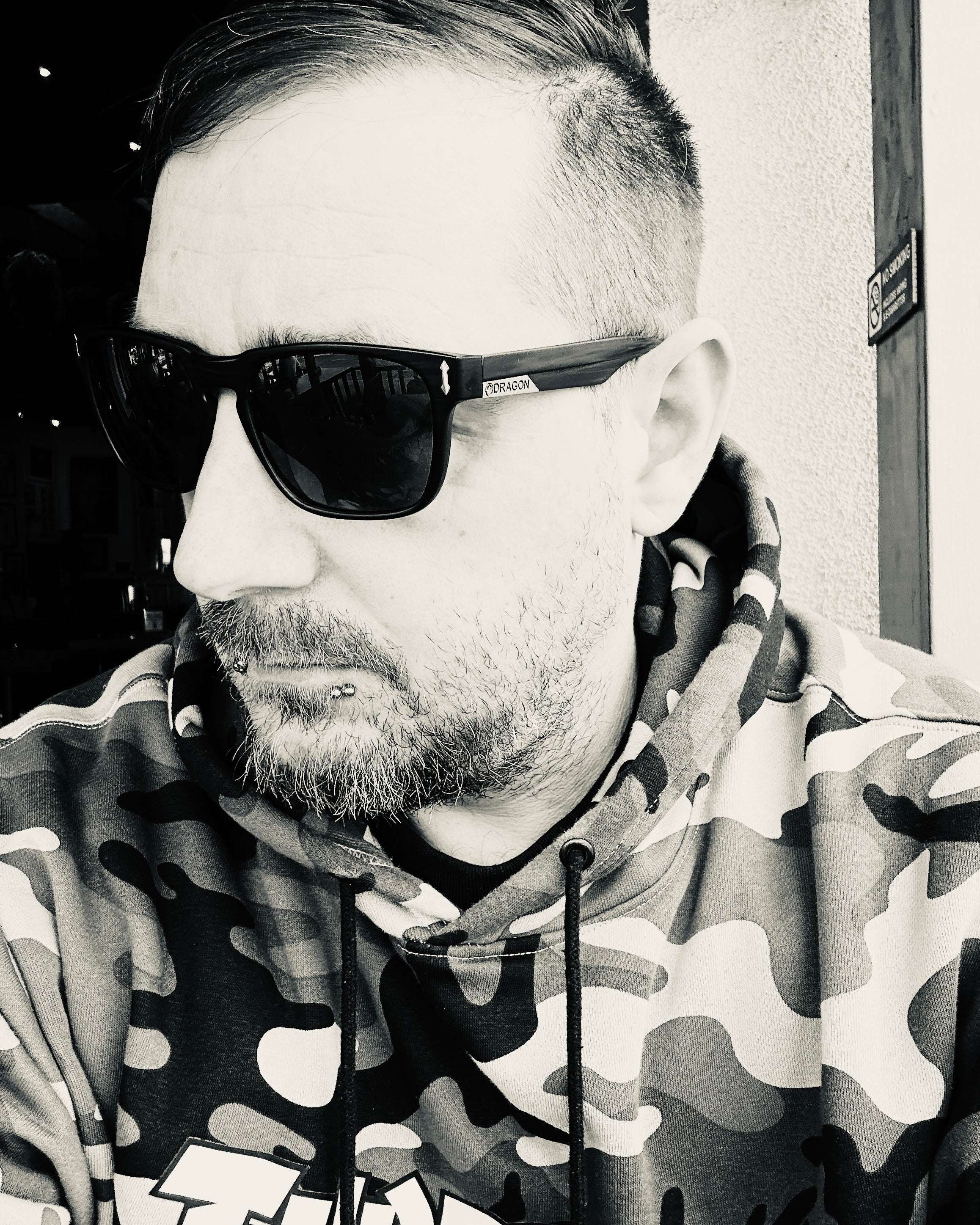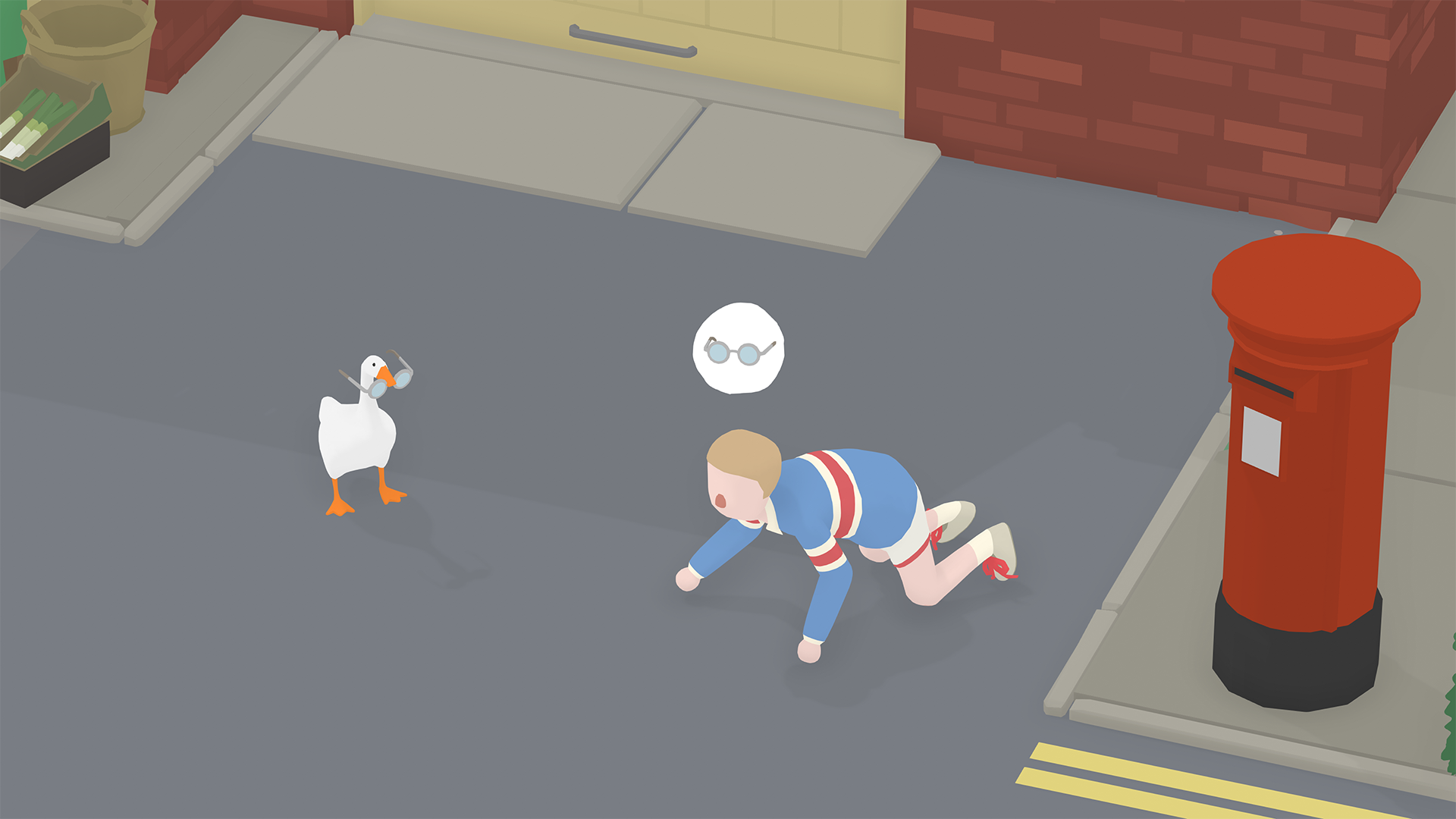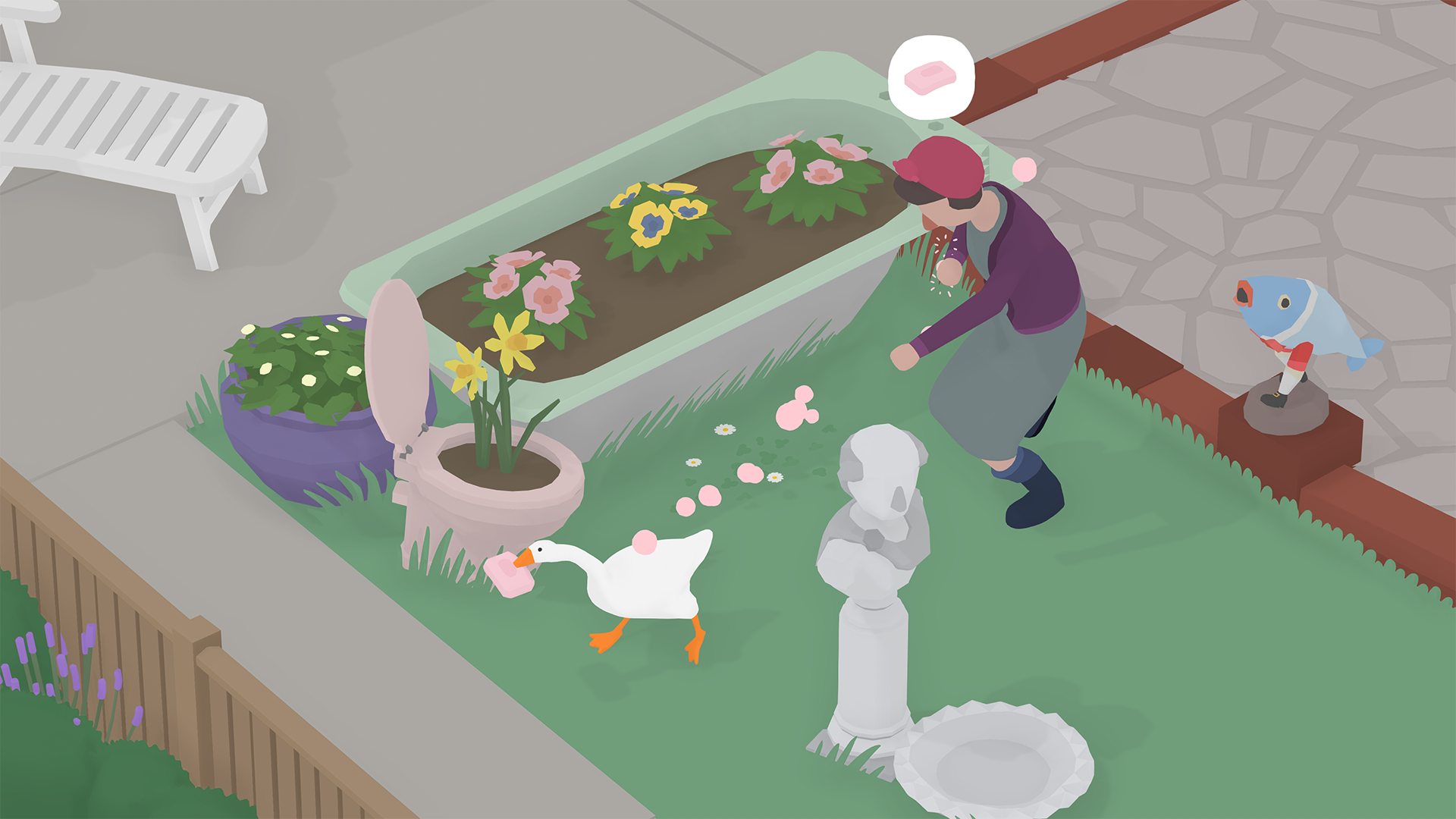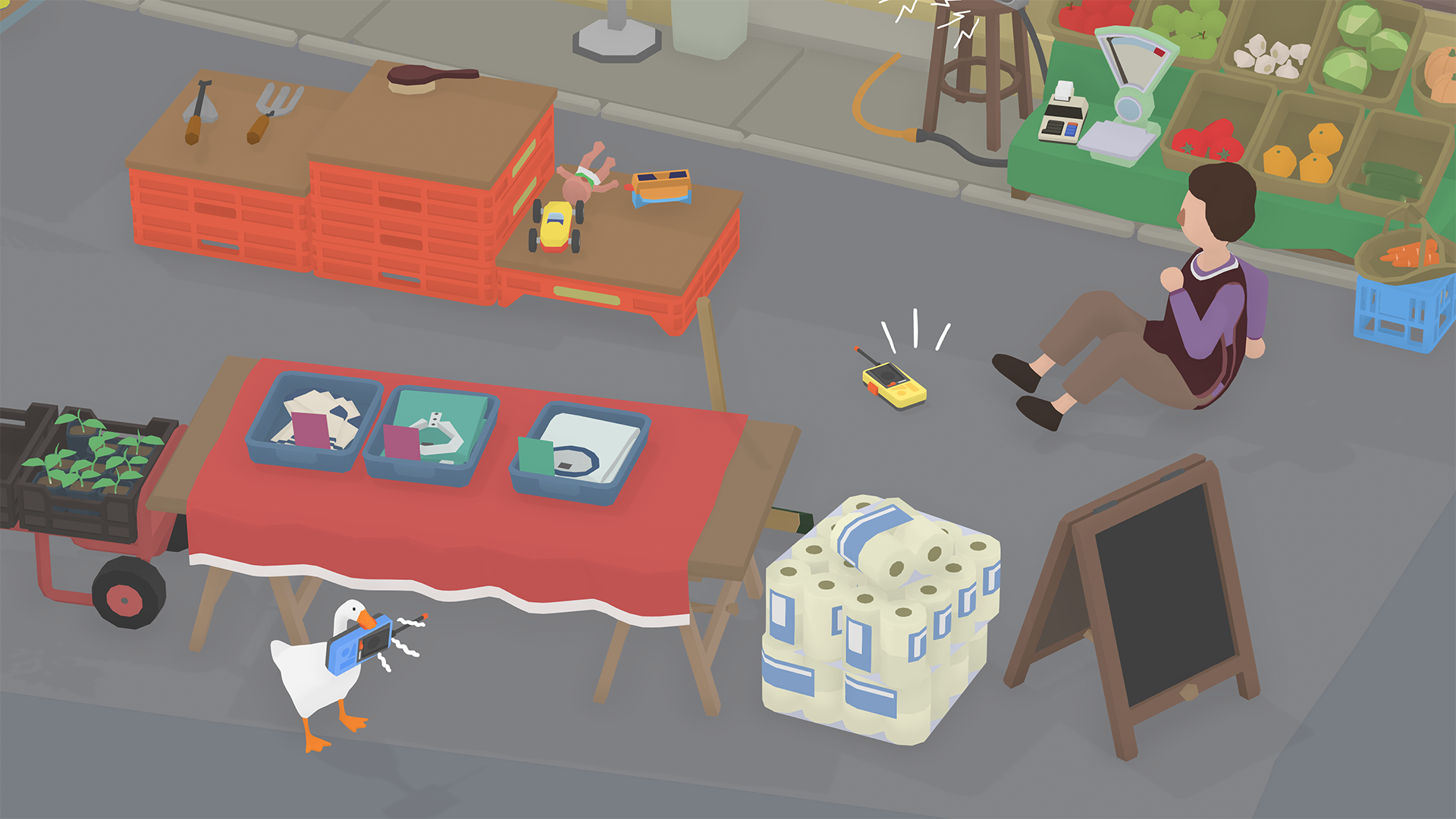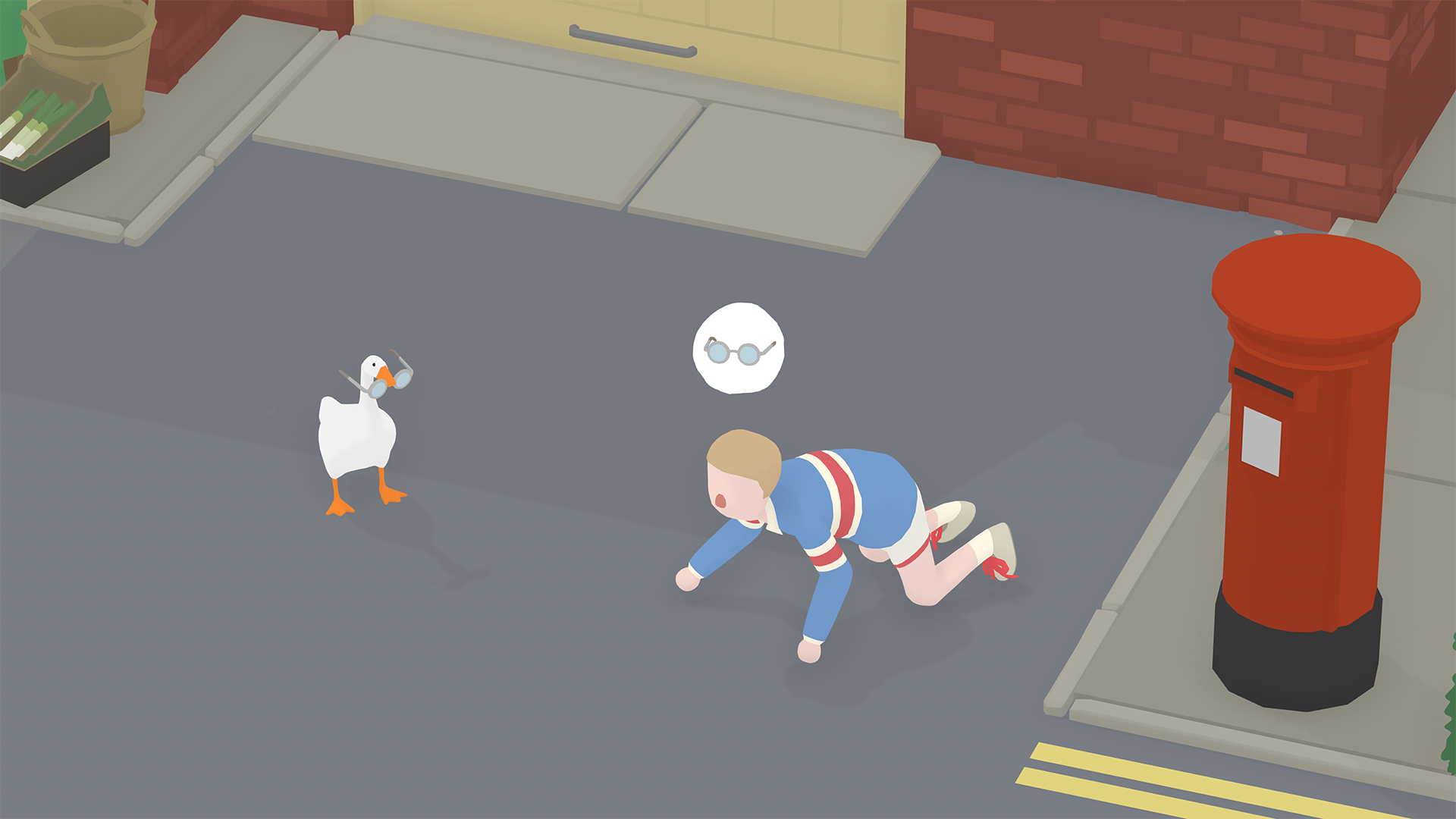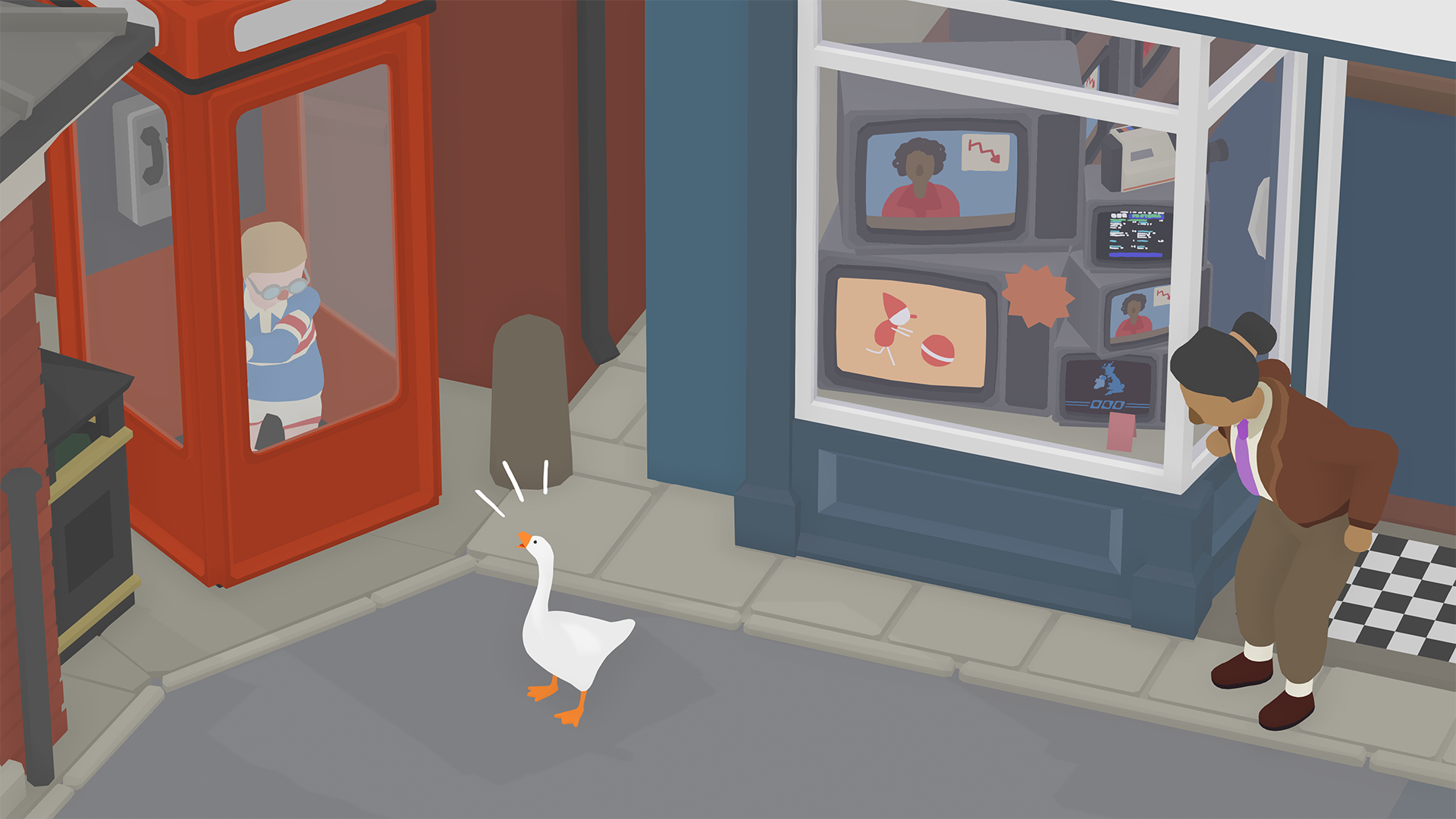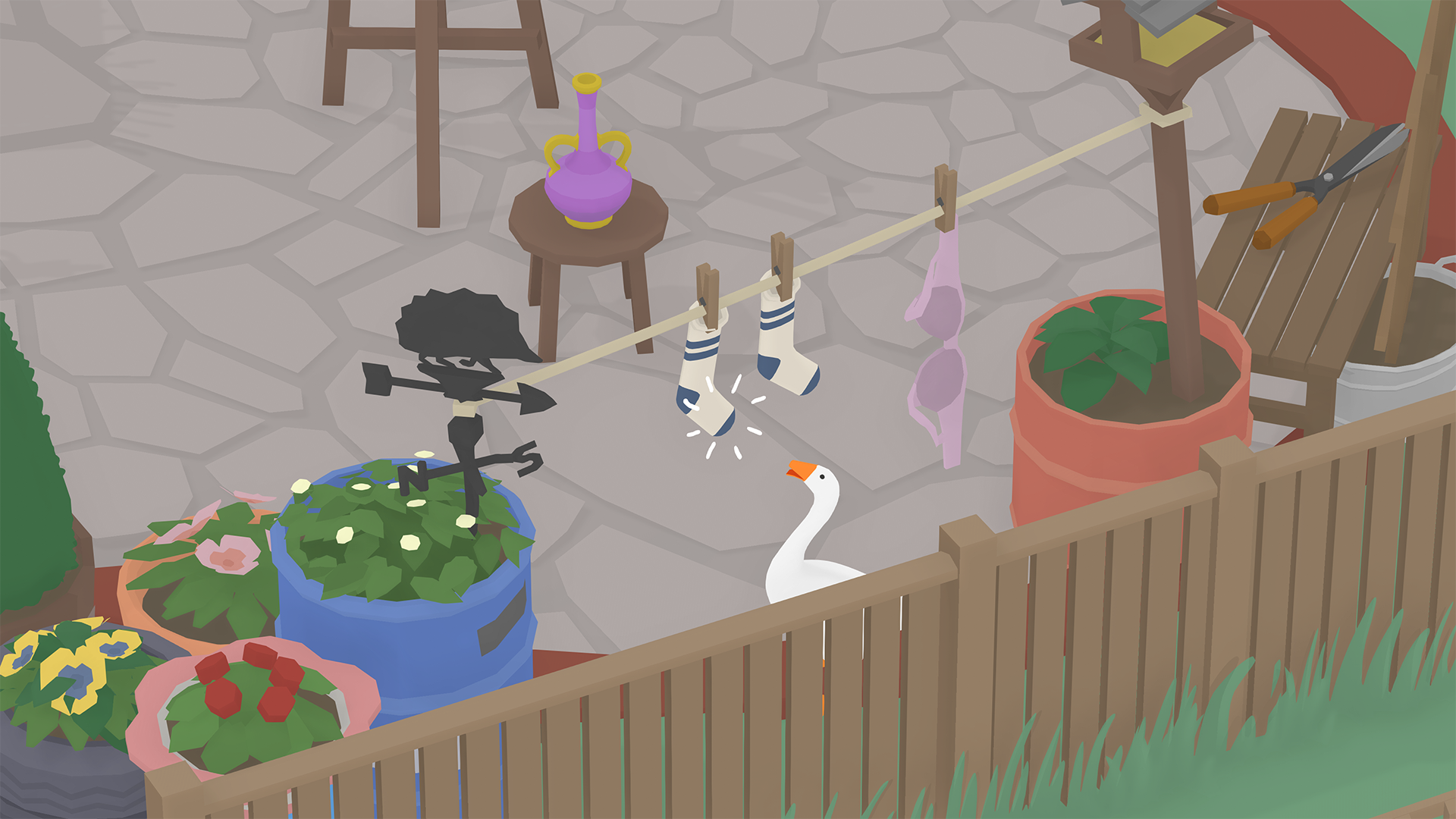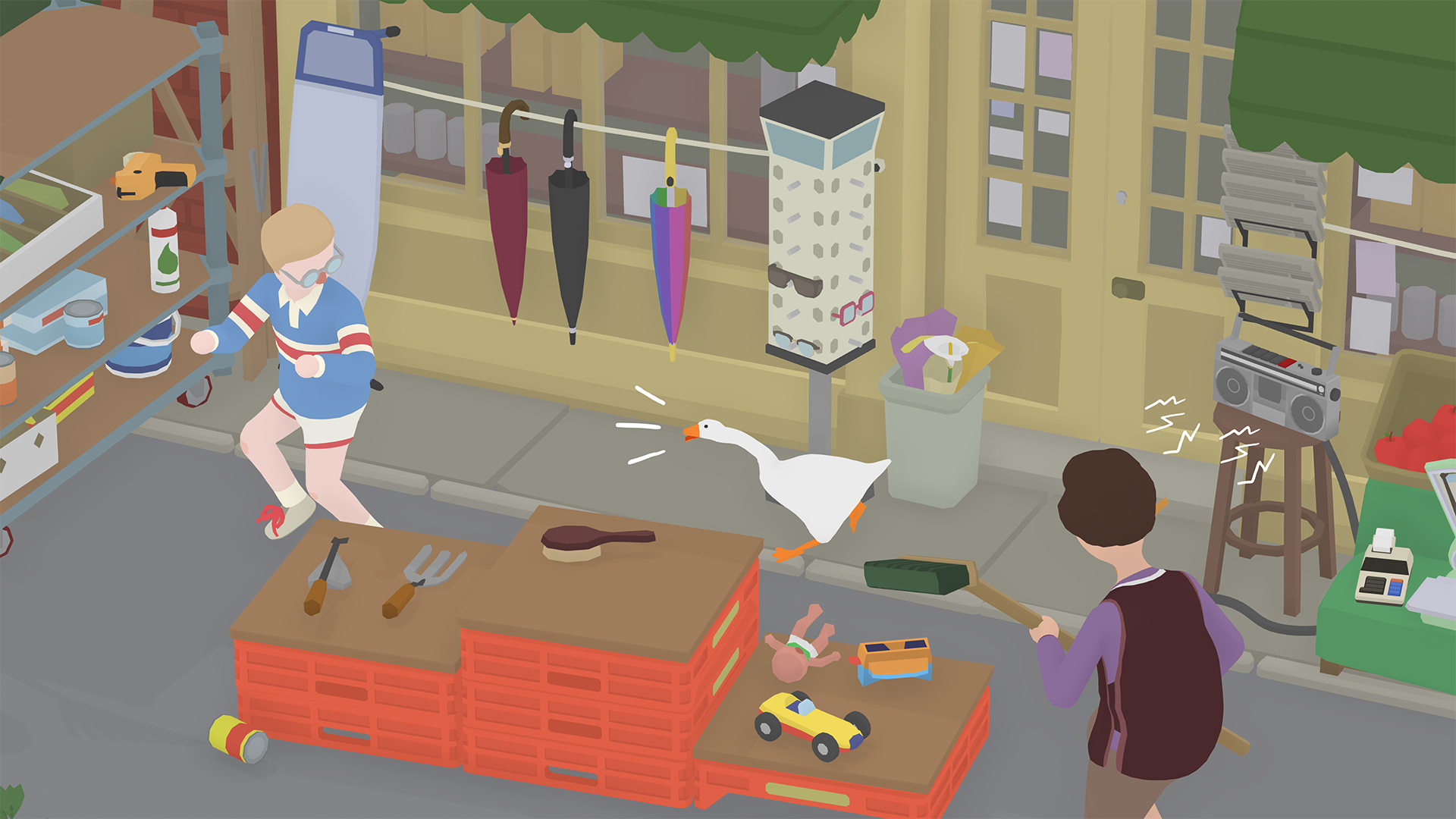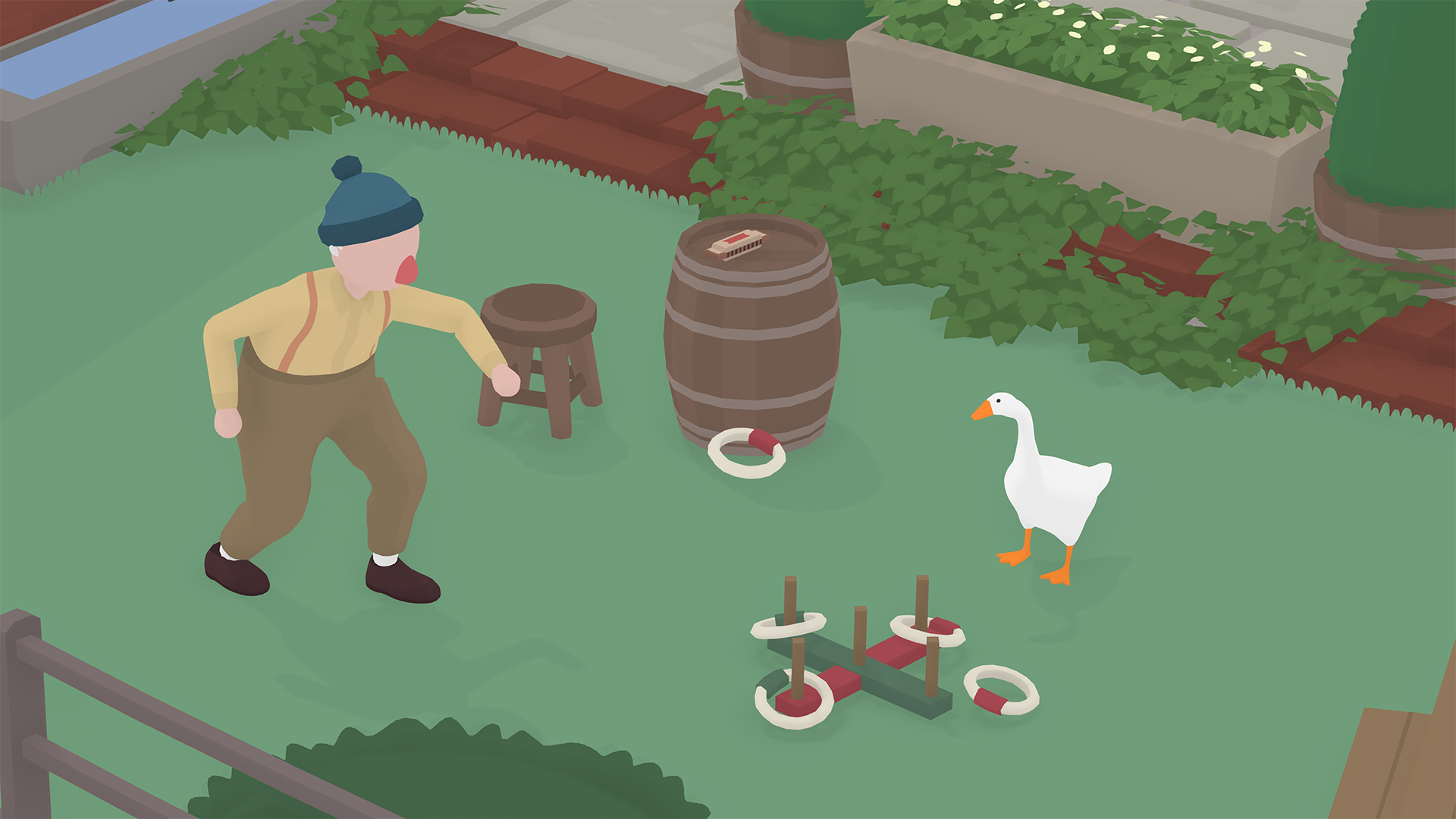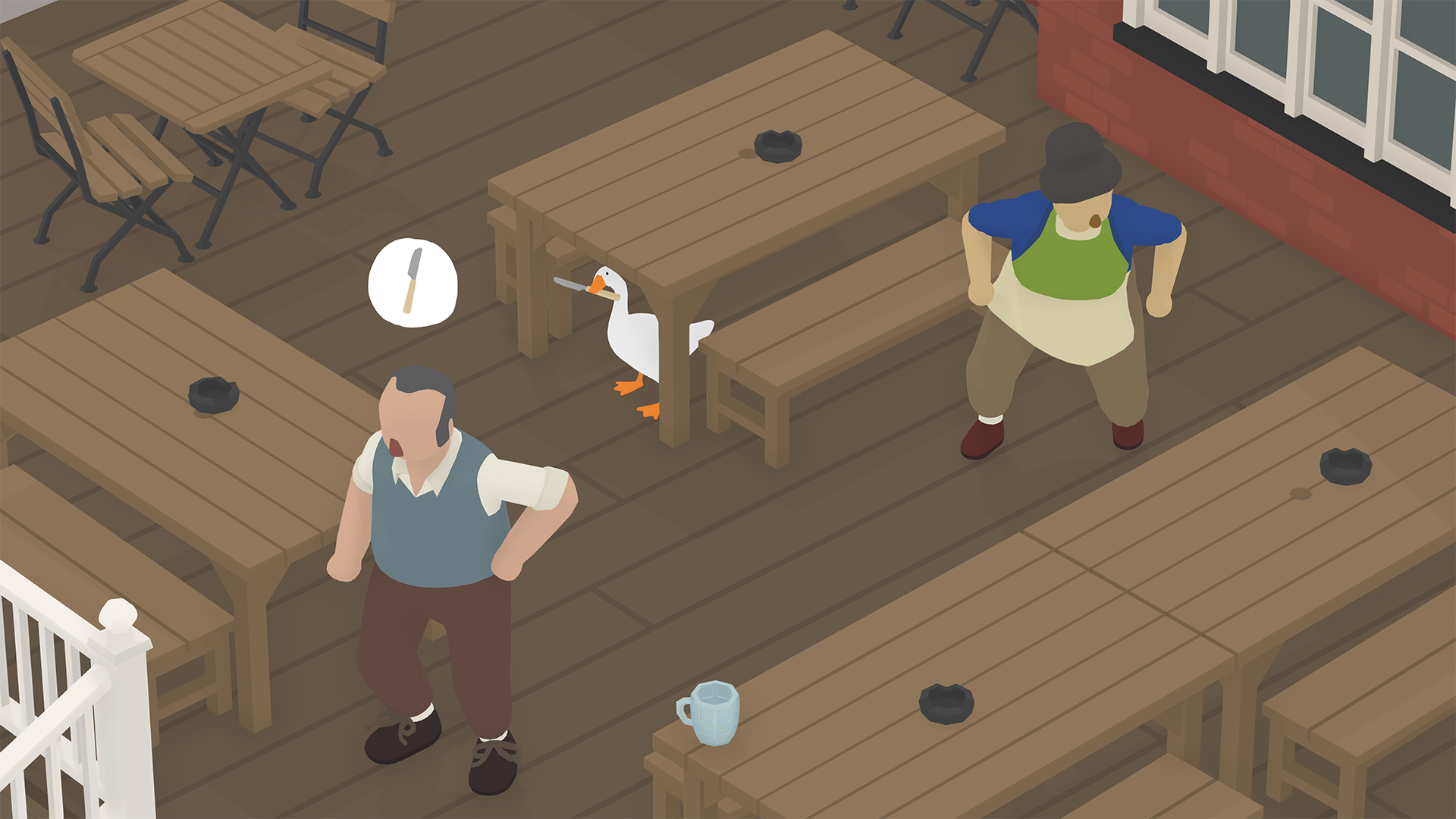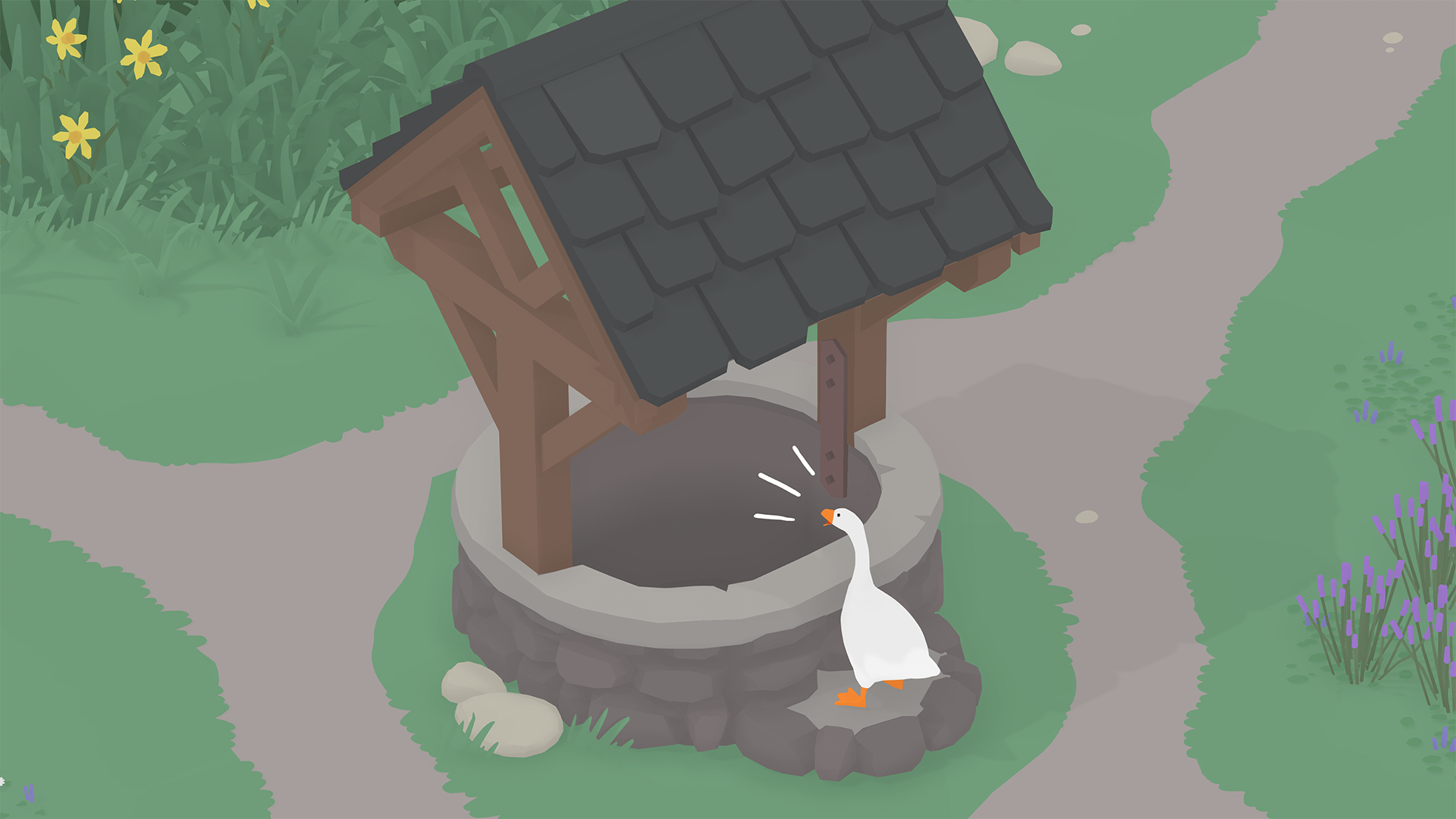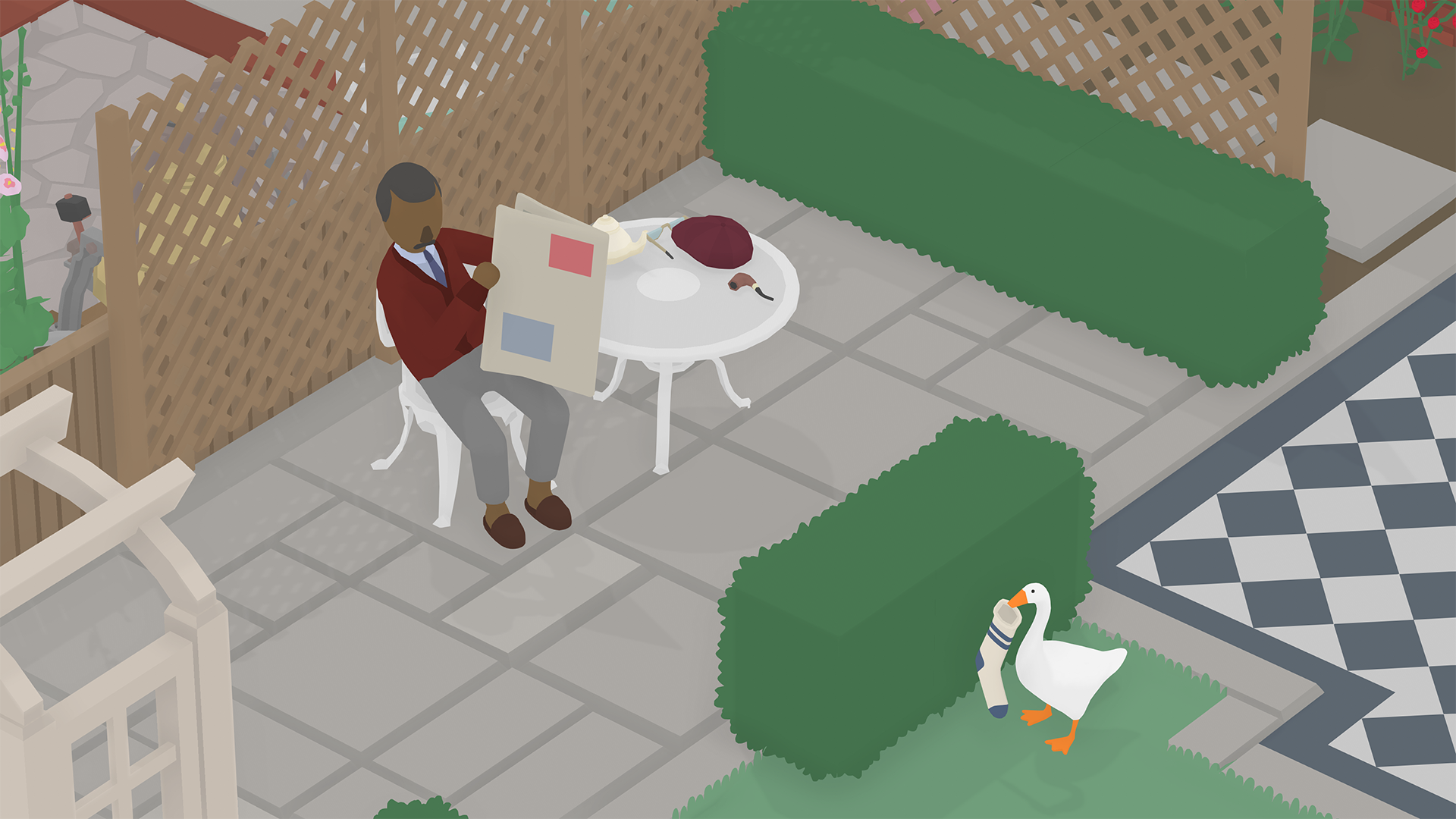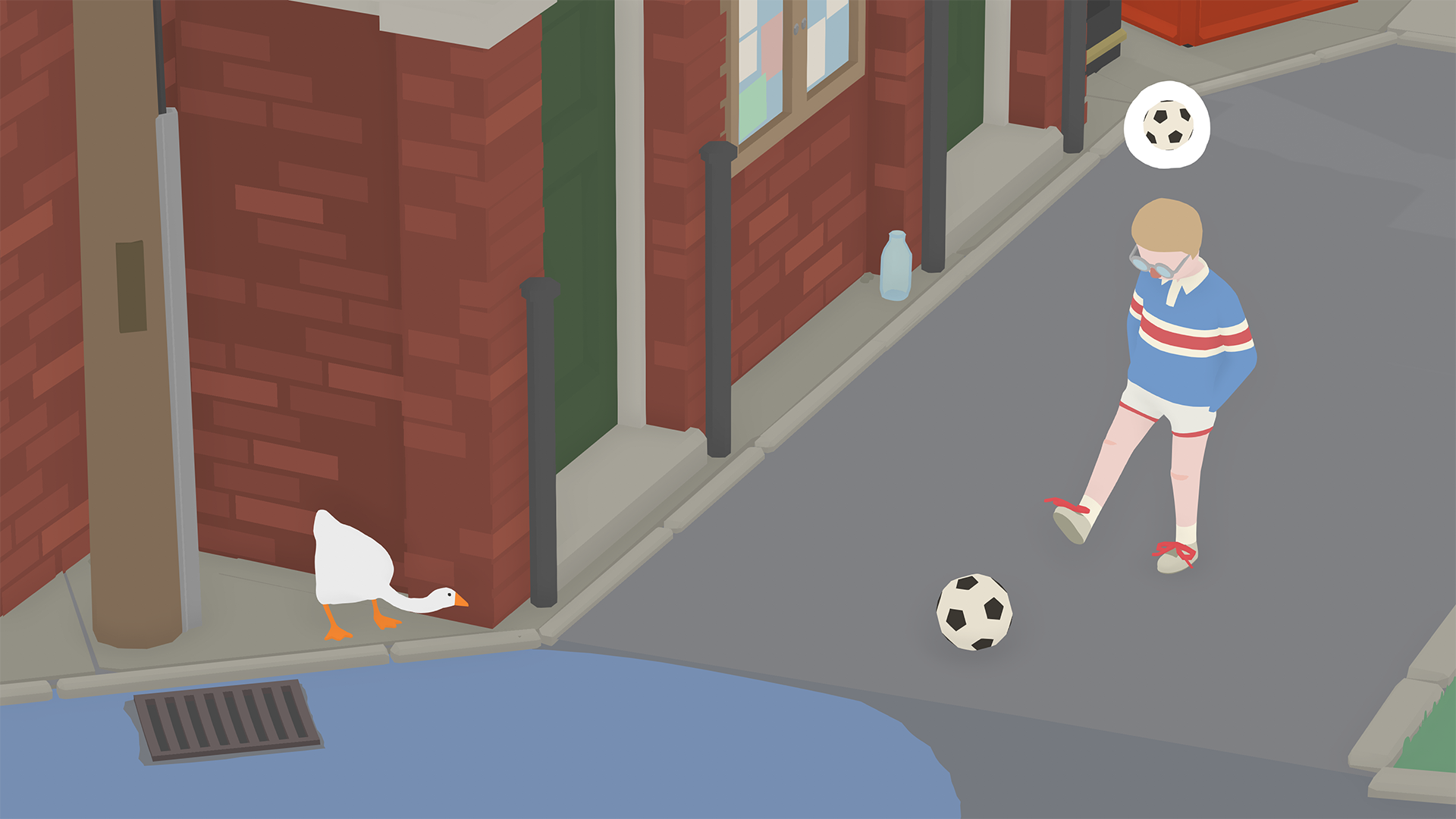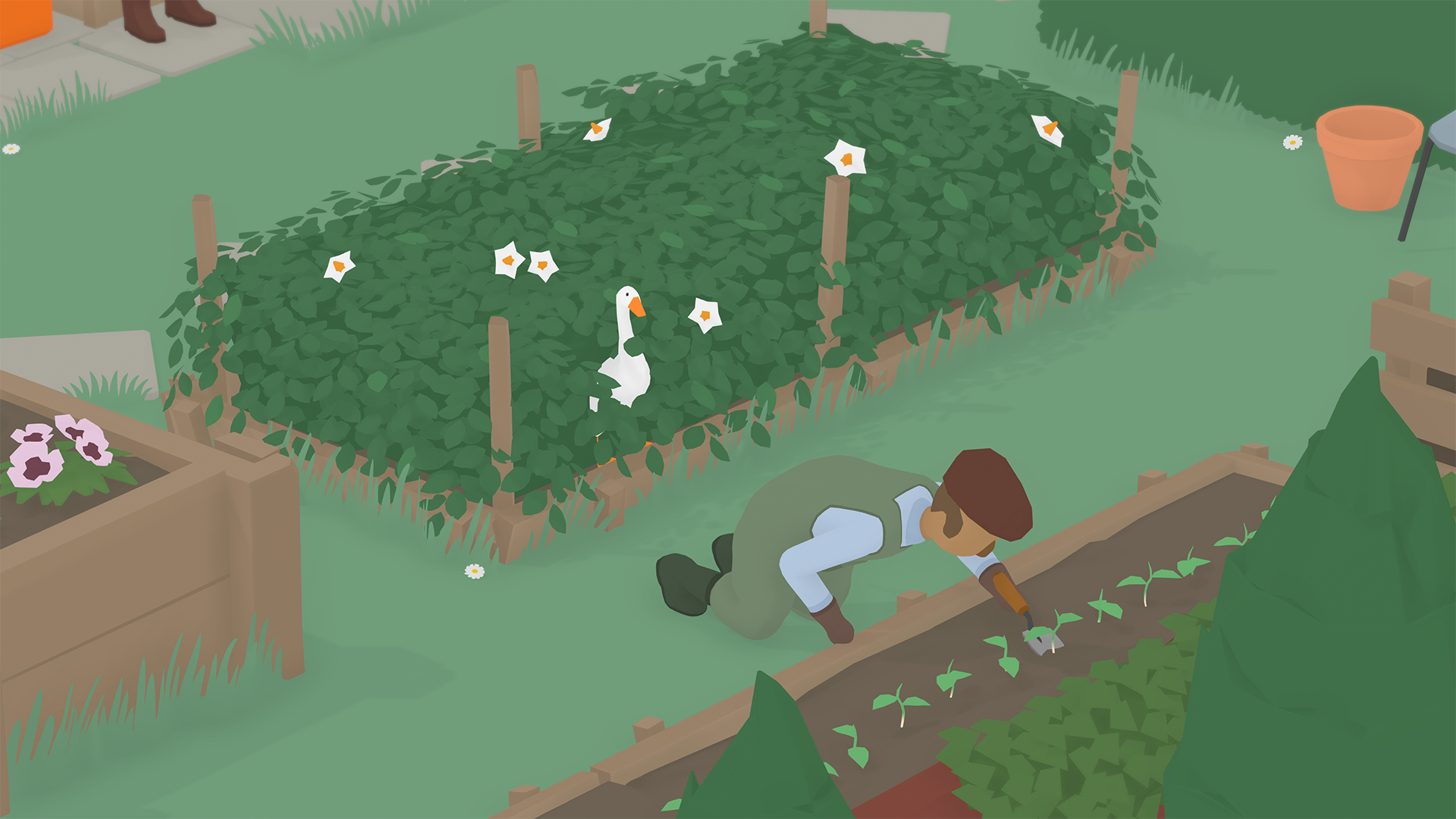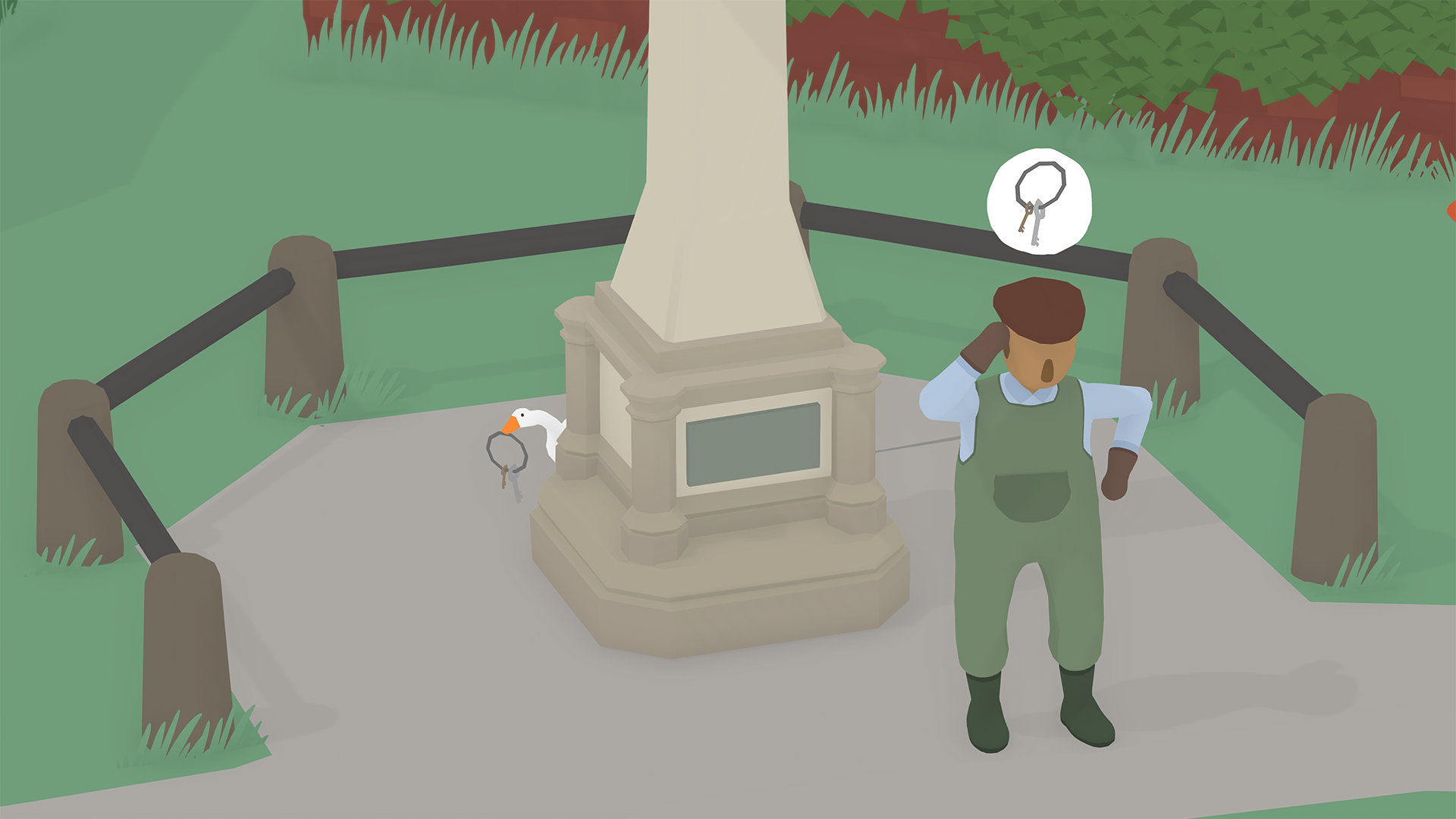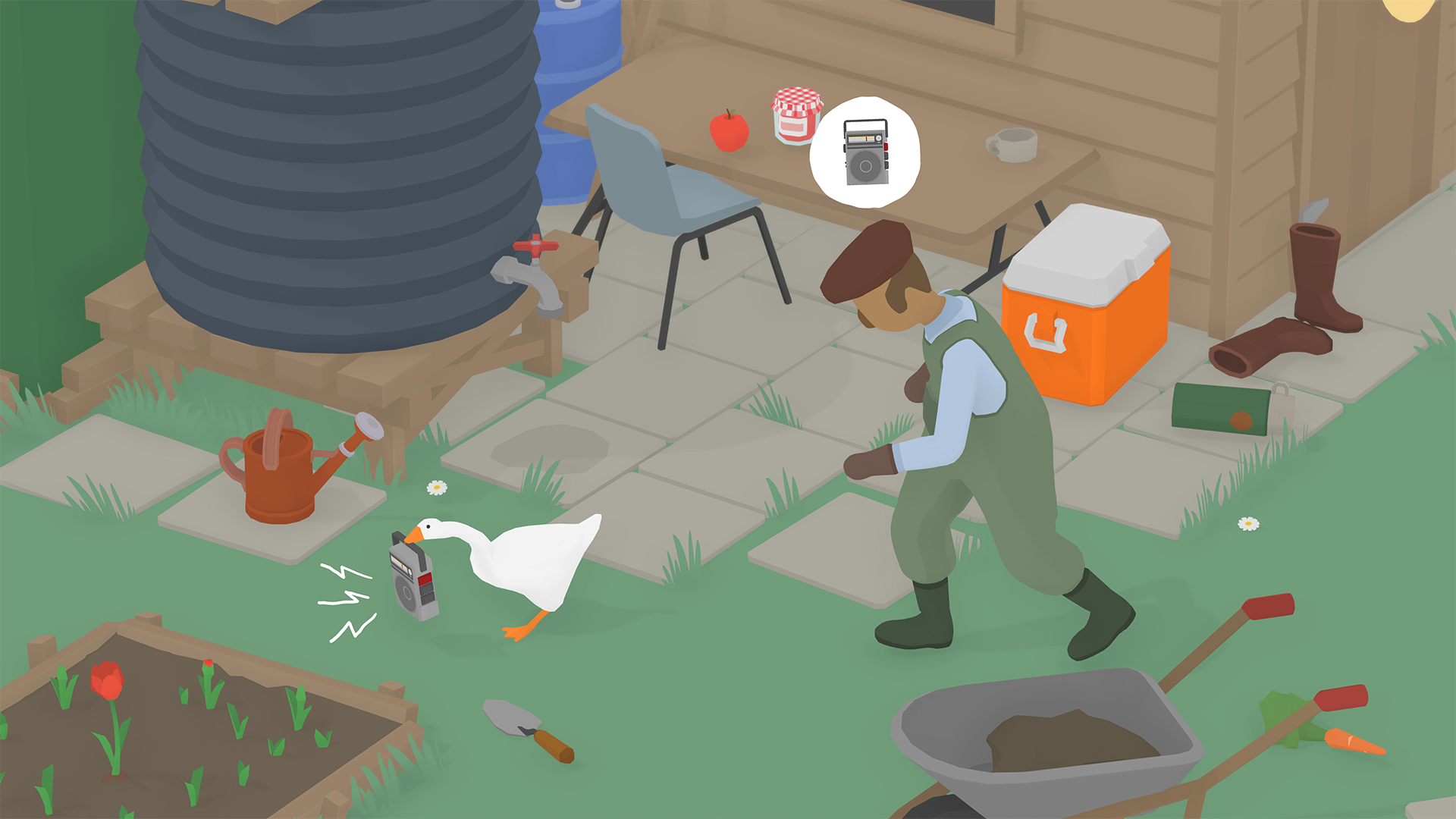A Titled Book About an Untitled Goose Game - Our Interview with Author James O'Connor
Success and cultural phenomenon aren’t mutually exclusive terms in the videogame landscape. Something can be successful and reach a big audience, but its impact, culturally or indelibly, might be minimal at best. Call of Duty is a series known the world over, but despite its incredible popularity you could argue only its popularity stands as its pillar of impact (though based heavily on its polish, modes and how many work on it at any given time). That’s not to diminish the millions of lives it affects daily who love, live, play and compete within its walls, either, but it has hardly shifted the needle of meaningful game-design, or elevated the discussion of “games as art”. It is an unashamed ‘summer blockbuster’ and that it knows this and leans lovingly into it is something hard not to admire.
But art, it is not.
On the other end of the spectrum then, are games like Disco Elysium, Journey and even the AAA hit BioShock, among many others. Games that challenge players to elicit emotional responses to bold concepts, brilliant or simple design loops, challenging or engaging writing, philosophical touchstones or just new ways in which to even consider playing a game.
One specific example of a cultural phenomenon is, as you’ve probably guessed, the Aussie-developed Untitled Goose Game from House House. A game that, for many reasons, probably shouldn’t have exploded in the way that it did, but did so because there really was nothing like it out there. And because its simplistic approach to design and world-building and presentation meant it spoke to… everyone.
During Melbourne in Games Week ahead of PAX Aus 2024, Untitled Goose Game found its way into ACMI (former the Australian Centre for the Moving Image) as an exhibition running from September through to February 16, 2025, celebrating the game’s success, its cultural impact, its design and its Australian roots. In addition to this accolade for House House, however, is a book published through Boss Fight Books and written by Aussie gaming industry veteran, James O’Connor. We caught up with James to discuss all of the above and to learn just what he learnt during his research and writing phase of one of Australia’s greatest gaming treasurer -- Untitled Goose Game.
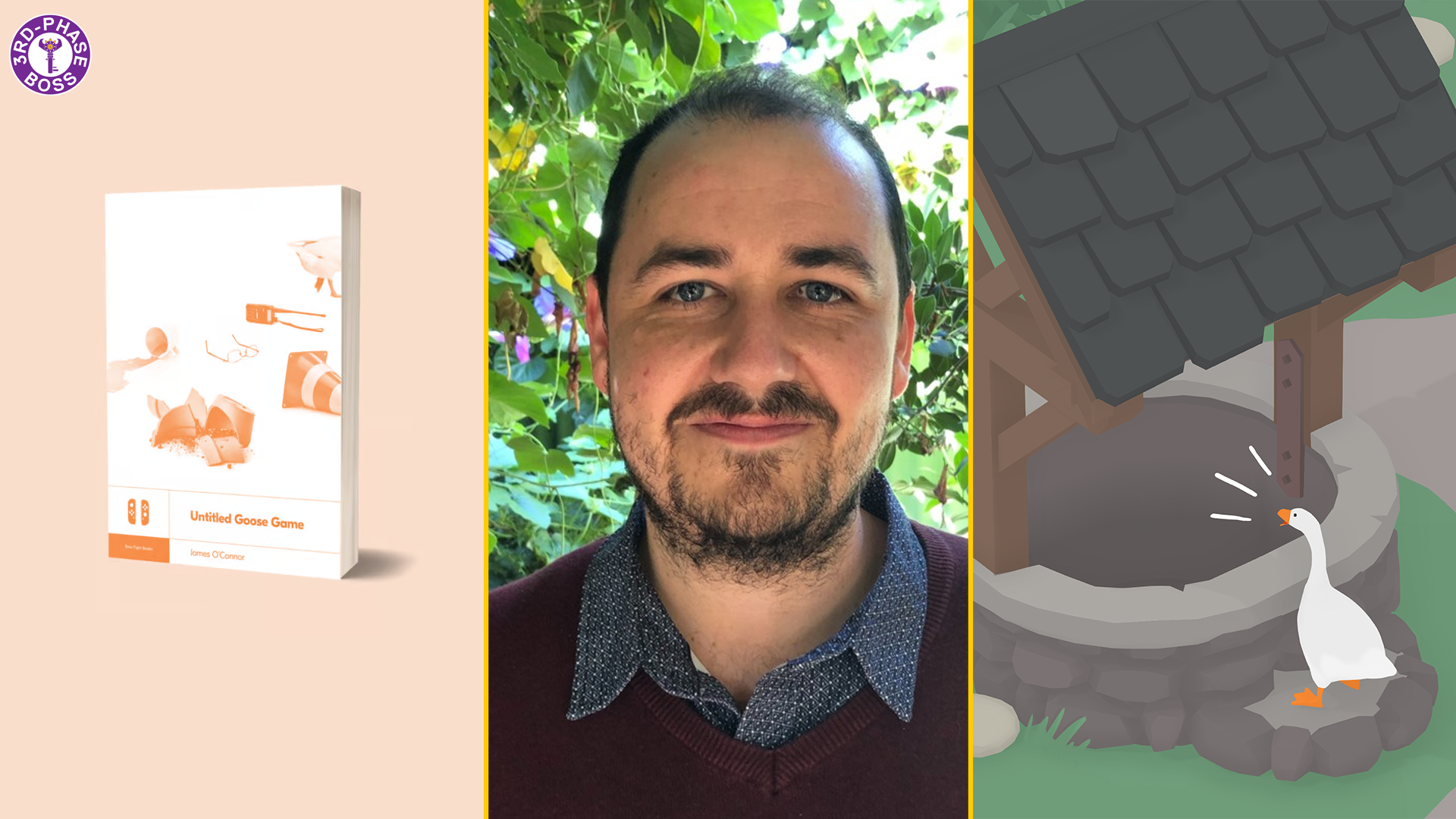
About the author
